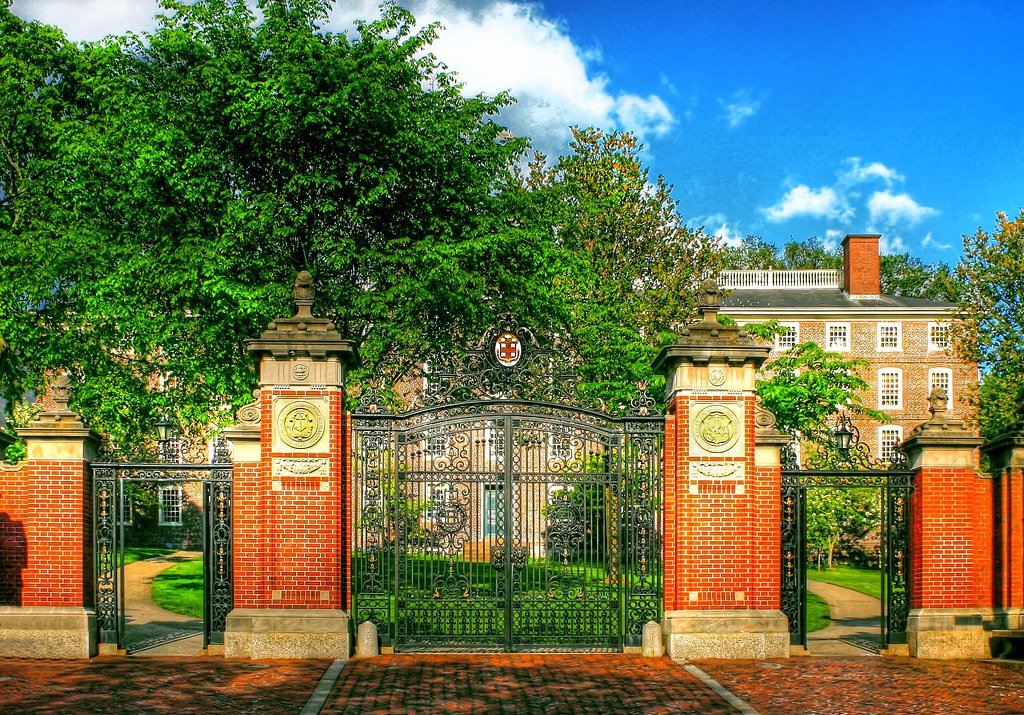
van wickle
ABS 076: Impact of Obesity on Breast Cancer Immune Evasion
Alp Doymaz ¹ , Yue Liu ² , Paul Cohen ²
¹ Hunter College
² Rockefeller University
Van Wickle (2025) Volume 1, ABS 076
Introduction: Obesity and triple‐negative breast cancer (TNBC) are two significant and overlapping challenges in breast cancer therapy. As TNBC characteristically grows more aggressively and lacks the hormone receptors necessary for standard endocrine treatments, it remains the most lethal breast cancer subtype. Concurrently, obesity—one of the most prevalent chronic diseases worldwide—accelerates breast cancer development and mortality in patients. Despite these well‐established links, and the prevalence of obesity among breast cancer patients, the lack of therapy tailored to obese TNBC patients reflects an incomplete molecular understanding of how obesity alters the tumor microenvironment (TME).
Here, we present a novel screening method for isolating clonal breast cancer cell lines that display obesity‐aggravated growth and highlight our ongoing data demonstrating how obesity suppresses the anti-cancer immune response towards TNBC. To identify cancer cell lines with accelerated growth in the obese tumor environment, clonal tumor lines derived from a mouse-derived triple-negative breast cancer line (E0771) were transduced with DNA barcodes and pooled for an in-vivo tumor transplant. Competitive growth between different clones was tracked through barcode sequencing, and the most proliferative cell lines were isolated. Transcriptomic analysis of these competitive tumor lines revealed a heightened suppression of the interferon-gamma signaling pathway—in particular, downstream interferon-regulatory factors (IRFs) and guanylate binding proteins (GBPs).
Ongoing molecular investigation aims to decipher the underlying mechanisms orchestrating this suppression. Unveiling these interactions promises crucial insights into how obesity-induced changes modulate breast cancer growth. These discoveries hold the potential to illuminate novel pathways for therapeutic interventions in this challenging clinical intersection, offering hope for improved cancer outcomes among obese patients.
Methods: Not published
Results: Not published
Discussion: Not published
Volume 1, Van Wickle
Oncology, ABS 076
April 12th, 2025
Other Articles in Oncology